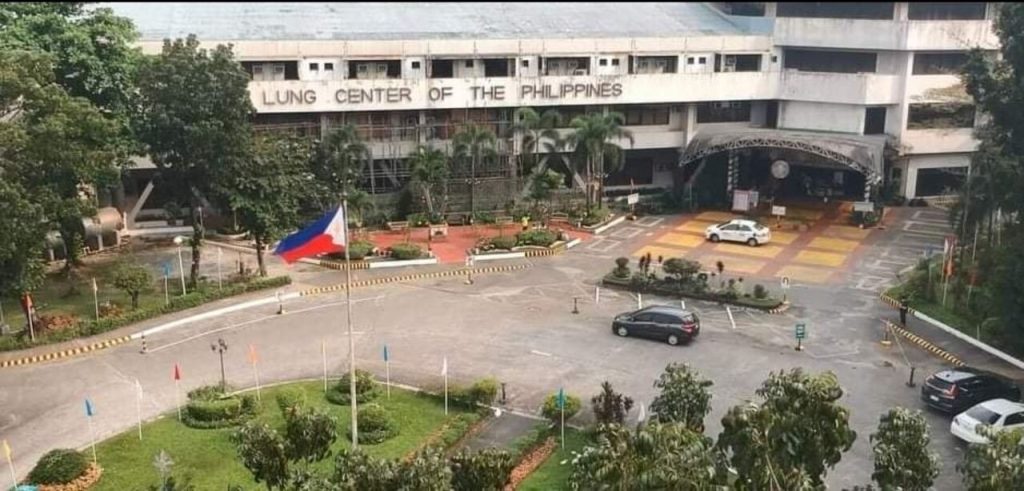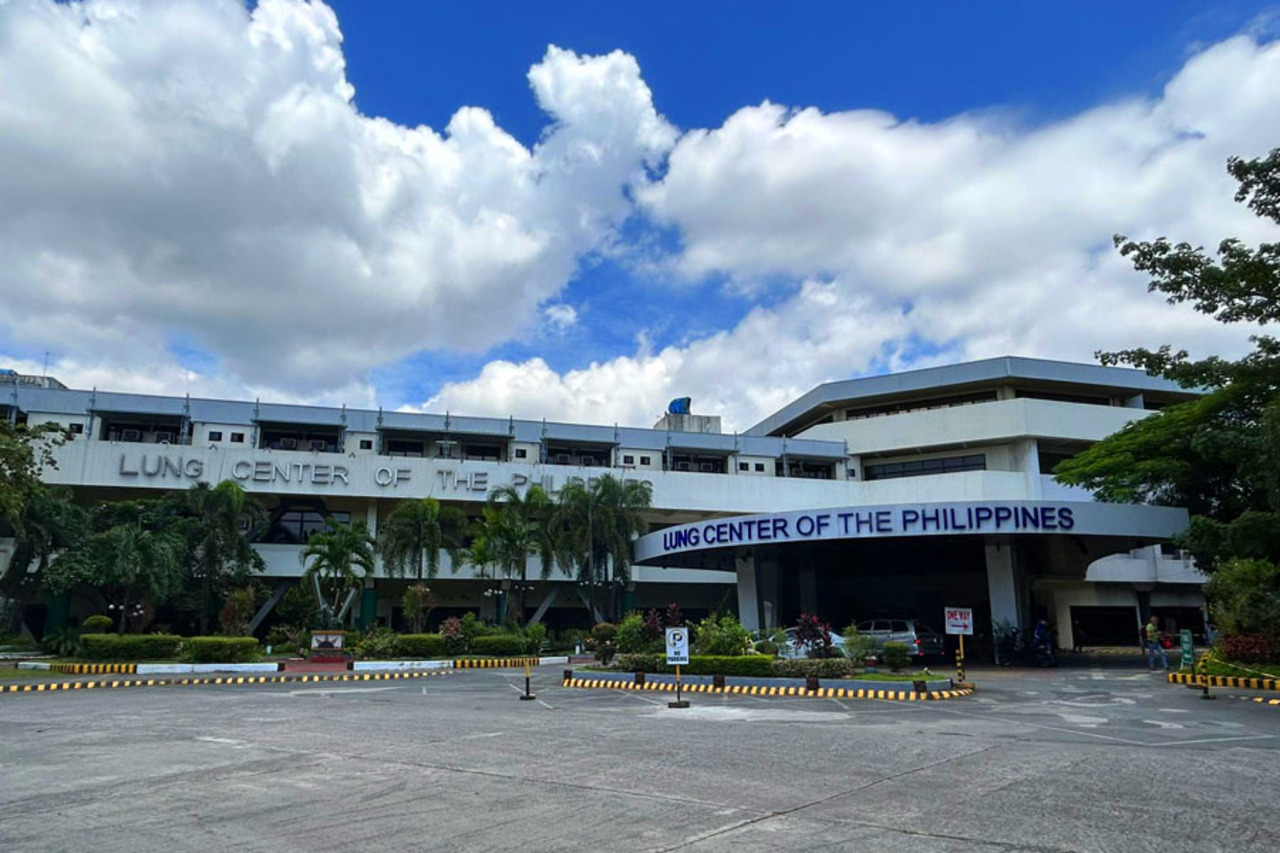The Lung Center of the Philippines (LCP) is a government-owned and controlled specialty hospital dedicated to the prevention, diagnosis, and treatment of lung and other chest diseases. Established in 1981, it was founded in response to the growing concern over respiratory illnesses in the country, especially tuberculosis and other pulmonary conditions that heavily affect Filipinos. Its core mission is to provide specialized medical care, promote research, and offer training programs in pulmonary medicine to improve lung health in the Philippines.
Understanding what the Lung Center offers is essential because it plays a crucial role in managing one of the country’s most persistent health concerns—respiratory diseases. It not only provides affordable healthcare services, especially to underserved communities, but also serves as a key institution in public health advocacy, emergency response, and disease prevention efforts. Knowing about the LCP empowers individuals to access critical lung health services, seek expert care when needed, and support initiatives that promote cleaner air and healthier living environments.
What is the LCP

The LCP is a tertiary-level, 210-bed specialty hospital located in Quezon City, specifically designed to cater to patients with pulmonary and thoracic conditions. As a referral and training hospital, it serves both inpatient and outpatient needs with state-of-the-art diagnostic, surgical, and intensive care facilities focused on respiratory health. It stands as a center of excellence in pulmonary medicine, offering a wide range of services including pulmonary rehabilitation, thoracic surgery, cancer treatment, and infectious disease management. The hospital also functions as a hub for research and innovation, contributing to national policies and programs for respiratory care. More than just a treatment facility, the Lung Center embodies a commitment to advancing lung health through integrated care, education, and public service.
History
The Lung Center of the Philippines (LCP) was envisioned in the early 1970s by Dr. Enrique M. Garcia, who aimed to create a specialized hospital for respiratory diseases. With support from First Lady Imelda Marcos, the idea evolved into a dedicated institution rather than just a rehabilitation of the Quezon Institute. Construction began in 1979 on land donated by the National Housing Authority and funded by the Philippine Charity Sweepstakes Office, leading to its inauguration in 1982. In 1998, a major fire destroyed most of the facility, but it was rebuilt with P200 million in aid from President Estrada. By 1999, LCP resumed operations, continuing to provide essential healthcare services.
Lung Center During the Pandemic
During the COVID-19 pandemic, the Lung Center of the Philippines (LCP) was designated as a referral center for severe and critical cases, significantly altering its operations. It faced an overwhelming surge in patients, leading to postponed elective procedures and a shift to telehealth for non-COVID services. The hospital implemented strict safety protocols, including RT-PCR testing and physical distancing. From an initial 8-bed isolation unit, LCP rapidly expanded to over 200 COVID-19 beds, including a dedicated ICU, with help from government and private donors. Vital equipment like ventilators and High Flow Nasal Cannula systems were donated, enhancing the hospital’s capacity to care for critically ill patients.
Mission
“We provide high quality health services and state of the art facilities for the diagnosis and management of respiratory and chest diseases, and promotion of lung health for the Filipino people with excellence and compassion, regardless of creed, color, sex, socio-economic status, and political affiliation.”
Vision
“The Lung Center of the Philippines is regionally competitive, locally responsive premier institution for lung and other chest diseases, providing quality healthcare through excellent service, training and research.”
Core Values
Its core values include:
- Customer-focus
- Commitment
- Compassion
- Creativity
- Collaboration
Mandate and Functions
The mandate of the Lung Center of the Philippines is to provide specialized care, research, training, and public health advocacy in the prevention, diagnosis, and treatment of lung and other chest diseases. It also serves as a national reference and training center for pulmonary medicine and related health concerns.
Its key functions are as follows:
- Deliver specialized medical services for pulmonary and chest diseases
- Conduct research and development in respiratory health and related fields
- Provide training and continuing education for healthcare professionals in pulmonary medicine
- Serve as a referral center for complex respiratory and thoracic cases
- Promote public awareness and prevention programs on lung health and environmental hazards
- Collaborate with local and international institutions on respiratory healthcare initiatives
- Collaborates with national and international health organizations
- Promotes early diagnosis, immunization, and smoking cessation
- Runs outreach programs to raise awareness on lung health across the country
Logo
The logo of the Lung Center of the Philippines features a circular emblem with a blue border that contains the institution’s name and official website, emphasizing its identity and accessibility. At the center of the logo is a stylized representation of the human lungs, formed by two symmetrical, geometric lung shapes intersected by a vertical line resembling the trachea. This central image symbolizes the hospital’s focus on respiratory health and thoracic care. Below the lung symbol is the year “1982,” marking the founding year of the institution. The overall design reflects professionalism, medical expertise, and the center’s dedication to combating pulmonary diseases in the Philippines.
Organizational Structure
The organizational structure of the Lung Center of the Philippines is hierarchical and functionally divided into several key departments, each headed by a Deputy Executive Director. At the top is the Office of the Executive Director, which oversees the overall management and reports to the Board of Trustees. The structure includes four main service areas: Medical Services, Nursing Services, Education/Training/Research, and Hospital Support Services, each managed independently. Within these, there are specialized departments and divisions such as Surgery and Anesthesia, Cardiology, Critical Care, Nursing Units, Finance, HR, and more, reflecting a comprehensive approach to hospital operations. This setup allows the Lung Center to deliver specialized, coordinated, and efficient care, education, and hospital support.
Services Offered at LCP
Lung Center of the Philippines offers a comprehensive range of services focused on the diagnosis, treatment, and management of respiratory diseases. The hospital provides both inpatient and outpatient care, with a wide array of diagnostic tools and treatment options. Some of the key services offered at LCP include:
1. Specialized Respiratory Care
LCP is equipped with state-of-the-art facilities for the diagnosis and treatment of lung diseases, such as tuberculosis, asthma, pneumonia, and chronic obstructive pulmonary disease (COPD). The hospital’s specialized units cater to both common and complex respiratory conditions.
2. Emergency Care
The hospital operates a 24-hour emergency room, providing immediate medical attention to patients with acute respiratory conditions. Emergency services include diagnostic imaging, laboratory testing, and respiratory therapies.
3. Surgical Services
LCP offers surgical interventions for lung diseases, including procedures such as thoracotomy, lung resection, and bronchoscopy. These services are performed by highly trained thoracic surgeons.
4. Pulmonary Rehabilitation
For patients with chronic respiratory conditions, LCP provides pulmonary rehabilitation programs designed to improve lung function, enhance quality of life, and reduce symptoms.
5. Diagnostic Testing
LCP utilizes advanced diagnostic tools, such as chest X-rays, CT scans, pulmonary function tests, and bronchoscopy, to accurately diagnose lung diseases.
6. Research and Training
As a premier institution for lung diseases, LCP is dedicated to advancing the science of pulmonary medicine. The hospital is involved in clinical research and offers training programs for medical professionals, ensuring that healthcare workers are well-equipped to address respiratory health challenges.
7. Preventive Health Programs
LCP conducts various public health initiatives, including awareness campaigns on smoking cessation, air quality improvement, and vaccination against respiratory infections. The hospital is also active in screening programs for early detection of lung diseases.
The Importance of LCP in Addressing Respiratory Health in the Philippines
Respiratory diseases remain one of the leading causes of death in the Philippines, and LCP is instrumental in addressing this public health concern. By offering specialized care and conducting research, LCP helps to reduce the burden of lung diseases in the country. Additionally, the hospital’s focus on prevention and education helps to raise awareness about the importance of lung health and the steps individuals can take to protect their respiratory system.
LCP’s role in the national health system is especially important given the Philippines’ growing population and the ongoing challenges posed by pollution, smoking, and other environmental factors that contribute to respiratory conditions. As the country continues to face respiratory health challenges, LCP will remain a critical institution in providing medical care and advancing research.
Financial Assistance and Support from LCP
As part of its mission to provide quality healthcare to all Filipinos, LCP offers financial assistance programs to ensure that patients from all walks of life can access the care they need. These programs are designed to support individuals who may struggle with the cost of treatment and hospitalization. Through partnerships with various government agencies and private organizations, LCP is able to provide subsidies and discounts to qualified patients, ensuring that financial barriers do not prevent anyone from receiving the care they need.
Video: Getting to Know the Lung Center
As a premier health-based government-owned and controlled corporation, the Lung Center has been at the forefront of respiratory care in the country since its establishment in 1981. With a rich history, a commitment to high-quality patient care, and a focus on research and prevention, LCP has earned its reputation as a leader in pulmonary medicine. From its role as a COVID-19 referral center to its ongoing efforts to educate the public about lung health, the Lung Center of the Philippines continues to serve the Filipino people with dedication and compassion. With ongoing financial assistance programs and a focus on innovation, LCP is well-positioned to continue its work in the years to come. Learn more about it by watching this video below:
Contact Information
For inquiries and other concerns, you may contact:
Lung Center of the Philippines (LCP)
- Address: Quezon Avenue, Barangay Central, Diliman, Quezon City 1100 Philippines
- Trunk Line Number: 8924-6101
- Official Email Address: records@lcp.gov.ph
